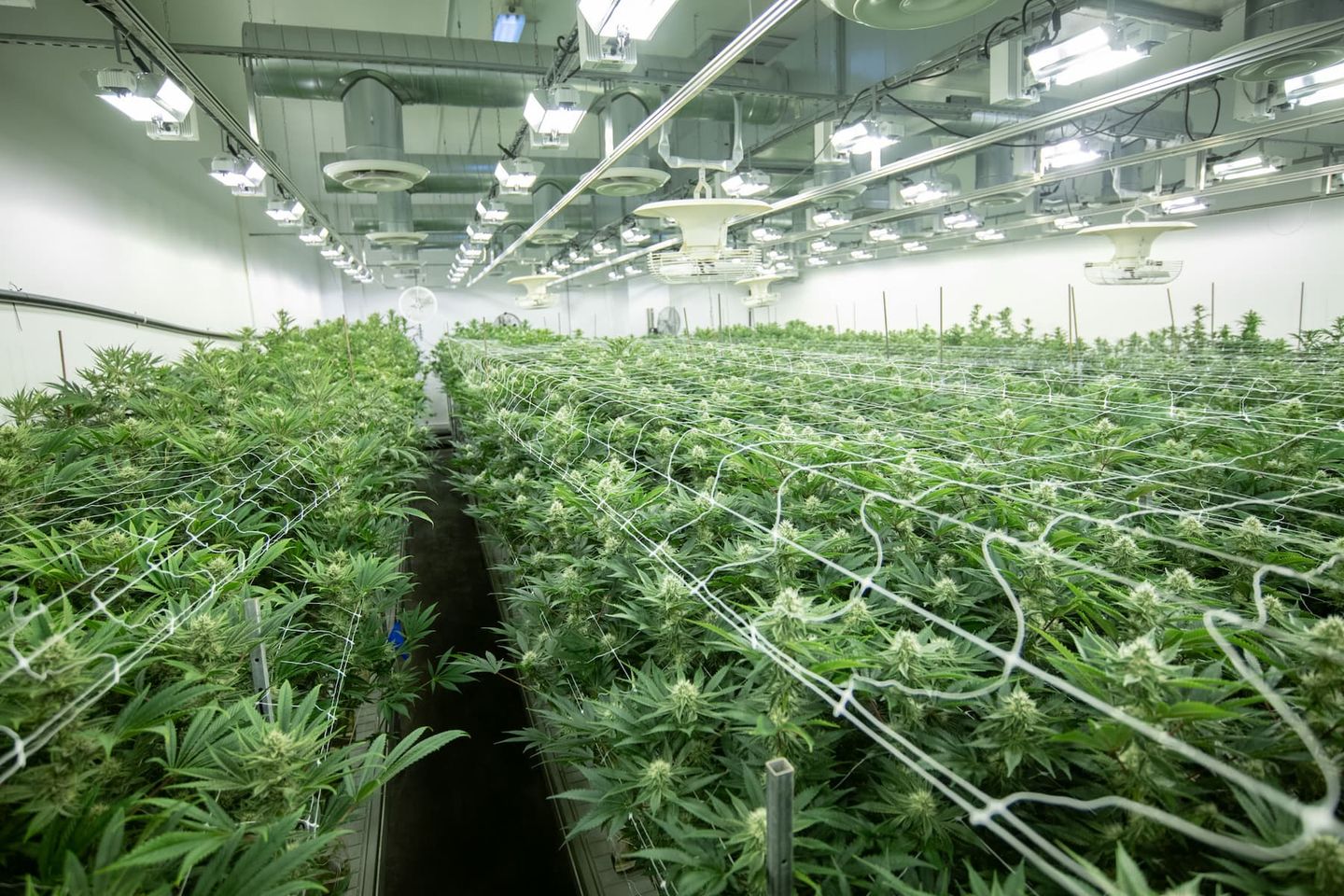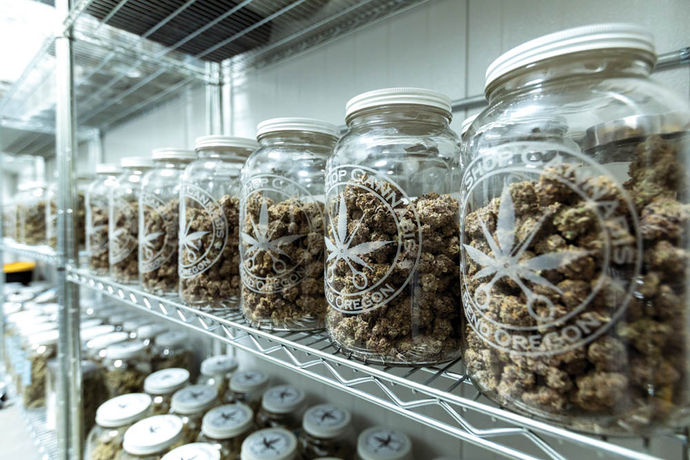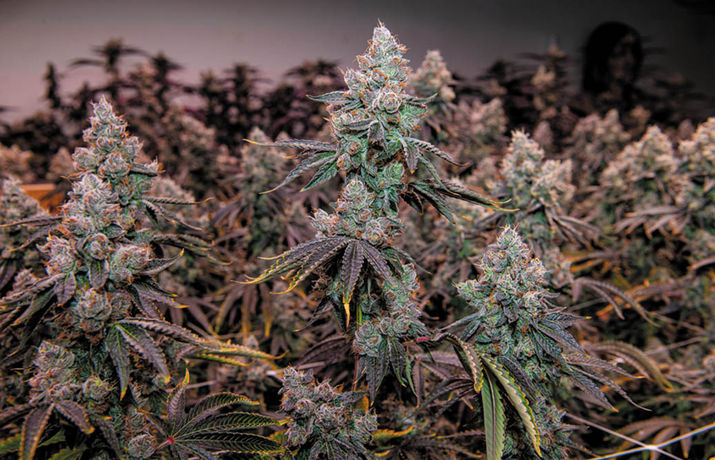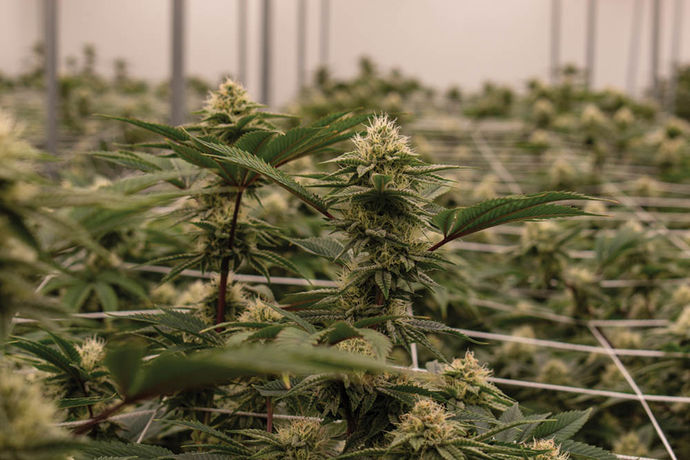If there’s one constant in Cannabis, it’s change. And if there’s one brand that has truly embraced the ebbs and flows of this ever-evolving industry in Washington, it’s Solstice.
In 2011, Solstice would become the first fully-licensed Cannabis grow operation in the state. However, if you flash back to 2009 when eventual co-founders Will Denman and Alex Cooley first crossed paths, the concept of mainstream medical marijuana didn’t even exist. Cooley was cultivating in garages in the mostly unregulated market when he met Denman, a UW Business graduate, and the two set off on a pioneering journey that has led to one of the more revered farms in Washington.
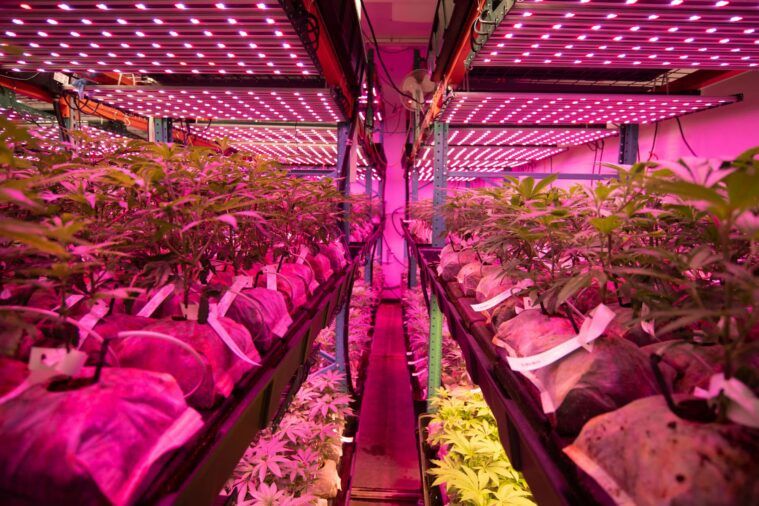
While both say they had a relationship with medical Cannabis early on, it was meeting the Day Family that provided the quintessential “a-ha moment.” After Ryan Day publicly shared his struggles to access legal marijuana that would help his son Haiden’s severe epilepsy, Cooley reached out with a solution: Sour Tsunami #3, a rare strain low in psychoactive THC but high in therapeutic CBD.
Cooley consulted Day on how to cultivate these strains himself and left behind a pound for Haiden to try, which he added to his applesauce after drying out the buds and extracting the concentrate. Haiden’s seizures became much less frequent and intense, but when the samples ran out and his first homegrown batch failed, Day couldn’t afford to pay out-of-pocket for his son’s medicine. After all, it was considered an illicit, federally-prohibited drug that insurance wouldn’t cover.
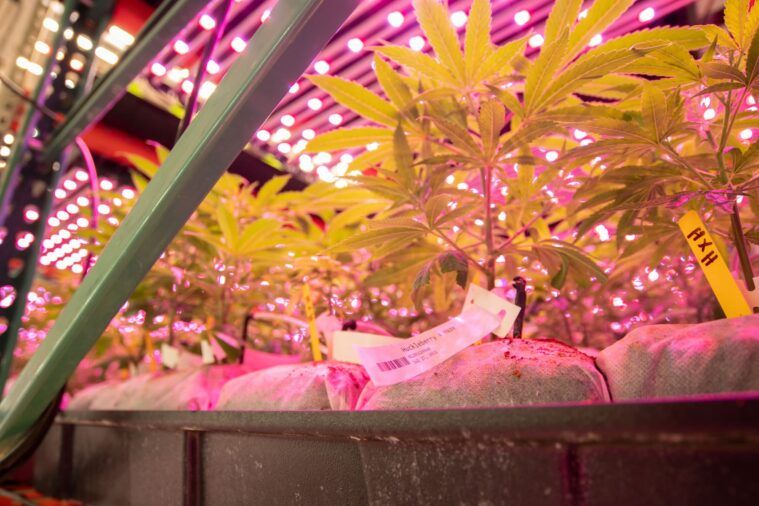
It was this experience that made Denman and Cooley realize there was a gap here: How could anyone expect Cannabis to be accepted as medicine and accessible to patients without the oversight you’d expect from other traditional forms of medicine?
“These people deserve to have access to medical Cannabis on a more regular basis that is consistent and can be trusted,” says Denman. “The only way to do that is to have it out in the open and built into the law. Even if it took time and was small and slow to begin with, we wanted to build something that would be around and lasting for people to have access to long term. For us to do that and be sustainable as an enterprise, we knew we’d have to generate a firm legal and operational framework around us.”
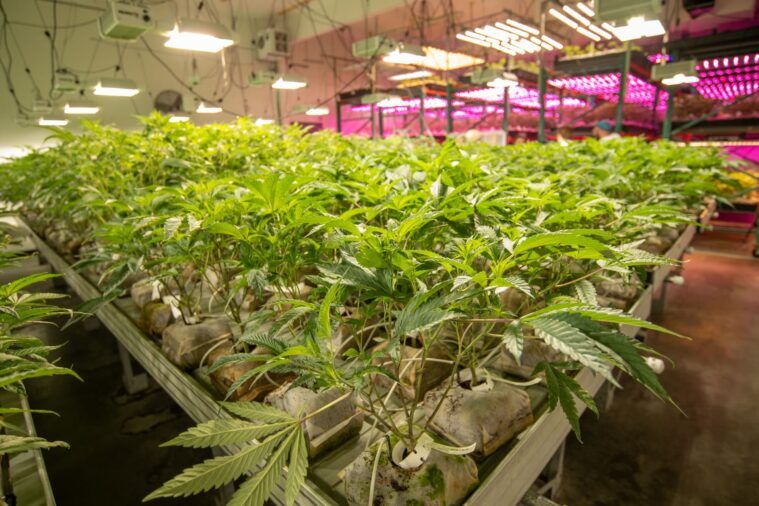
So, the pair officially teamed up to tackle the process of building it from the ground up. Denman brought his set of business skills to the table, while Cooley had growing experience and valuable political ties after years of advocating for medical patients. Working in tandem with the State of Washington, City of Seattle and King County, the battle to “rebrand Cannabis” began as they started lobbying for the collective garden model.
At the time, a single patient could have one recommendation and grow for themselves with the ability to sell their excess product to other patients. With this proposed new model, patients would be able to sign over their rights collectively, allowing a commercial grow to stack recommendations and grow on behalf of all those patients. Denman and Cooley’s vision was to create a commercial scale with efficiencies and quality-control standards that would ensure safe and reliable access to medical Cannabis.
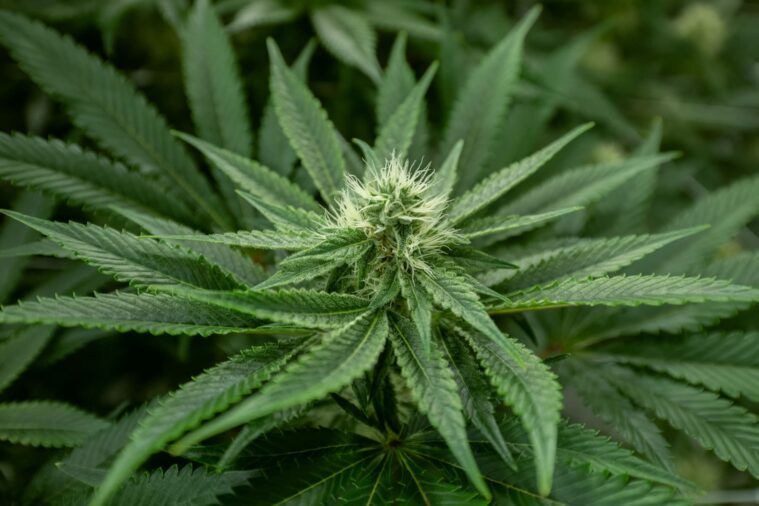
Once the prosecuting attorney for the city approved collective gardening, it was smooth sailing, right? Not so much. After countless attempts at finding a landlord who’d sign a lease with a Cannabis cultivator, the pair closed the garage doors and graduated to a legitimate facility on First Ave in SoDo. At the time, the department of planning didn’t even have zoning for Cannabis – the location was originally labeled as an “urban agriculture” site.
Yet again, the Solstice team worked alongside the city to write the legislation – and the SoDo site became the first permitted marijuana cultivation site in Washington. Cooley’s brainchild soon became a highly-functional “living lab” that legislators would tour for years to come as a shining example of legal Cannabis in action. The brand operated out of this site from 2010-2014, and while it was the first of many adventures, it certainly wasn’t the last.
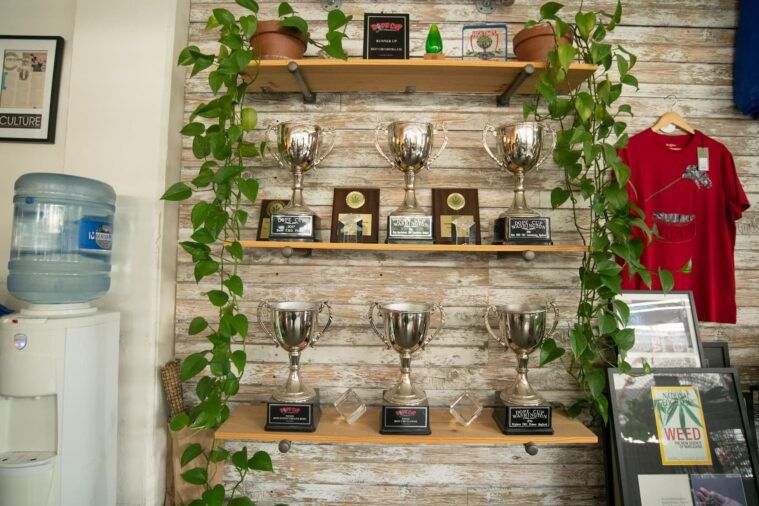
When Washington passed recreational adult use in 2015, Solstice moved to a larger indoor facility and once again “paddled into the wave” of more changing tides in Cannabis – figuring out how to take that once revolutionary 6,000-square-foot medical grow and ramp it up in a way that would meet recreational demands without sacrificing quality.
“We’re always trying to figure out how to be more thoughtful about how we cultivate,” says Denman. “Indoor is what we knew, but when we built our first recreational site, we wanted it to be as cutting-edge as we could with that style of growing. We incorporated LEDs, brought on agriculture experts to dial in our feeding and nutrient systems, and scaled up our techniques and strategies – creating the newest iteration of the indoor growing style we’ve done over and over at different degrees throughout the years.”
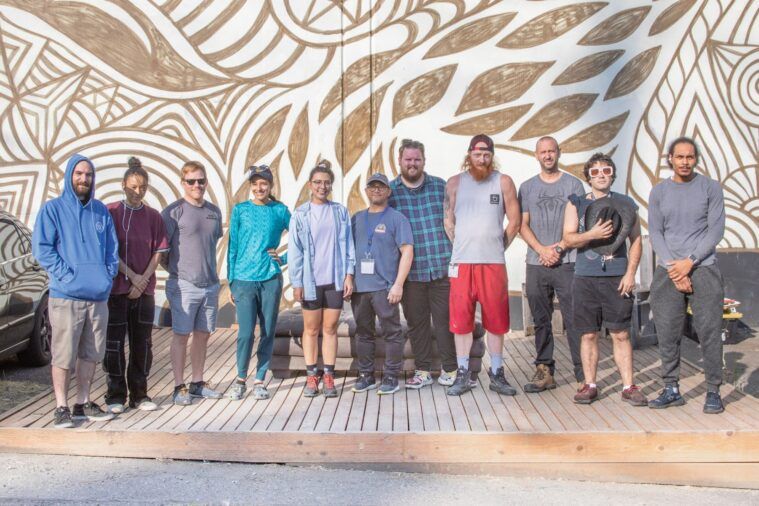
Now, yet another season of change is starting as Solstice looks to stay true to its roots while continuing to grow as the industry does. The brand is focusing on evolving its genetic lineup and developing exclusive relationships with well-known breeders – with plans to release a premium line at the end of the year. As for Denman and Cooley? While they’ve certainly left their mark on Washington Cannabis, they know the fight isn’t over just yet. Denman said it best: “This is an industry that is gonna throw punches and you’ve got to be ready to take those as lessons – as opposed to feeling like they’re telling you not to go on.”

